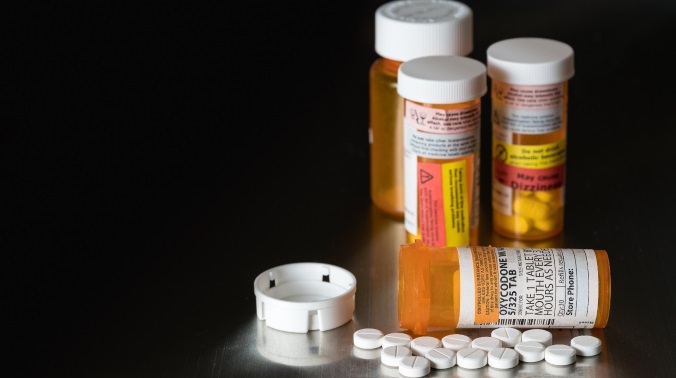The past few years have seen a considerable expansion of research on cannabidiol (CBD), a chemical compound in the cannabis plant that has become increasingly known for its therapeutic effects. CBD is non-psychoactive, so it does not generate the same mind-altering, euphoric feeling as typical marijuana products. What it does provide, according to the research, is a variety of health benefits. Previous studies have shown CBD to possess substantial pain relieving, antiepileptic, anti-inflammatory, antioxidant, and neuroprotective properties.
Earlier this summer, medical marijuana company HelloMD partnered with research company Brightfield Group to perform a survey on the effectiveness of CBD compared to prescription drugs. Here’s what to know about the study and CBD in general.
Details of the New Study
The point of the new survey is to find out how effective CBD is as an alternative to prescribed medication for a variety of medical problems. Together, HelloMD and Brightfield Group surveyed more than 150,000 members of HelloMD to find out why they consume CBD and how helpful they perceive it to be. The survey questions also touched on the perceptions people have of CBD and the misconceptions they might also hold.
Research has shown a reduction in medical prescriptions in states where medical cannabis is legal, so a similar finding involving CBD won’t be surprising. After all, CBD is believed to be responsible for many of the health benefits that medical marijuana provides.
Common Health Benefits of CBD
When people ingest CBD, it affects the CB2 receptors1 in the immune system, causing the body to create an anti-inflammatory response.
The result is a reduction in pain and inflammation, which is why many people use CBD to treat the symptoms of chronic pain and conditions such as fibromyalgia and multiple sclerosis. Other inflammation-related health conditions that CBD can help manage2 include acne, type 1 diabetes, and arthritis. It is also known to help prevent seizures in people with epilepsy and is being studied as a potential cancer-fighting agent because of its ability to kill or slow the growth of cancer cells.
CBD can also benefit the brain, and is recognized for its capacity to help treat mental health conditions like depression, anxiety, post-traumatic stress disorder, obsessive compulsive disorder, Alzheimer’s disease, and schizophrenia. As more CBD research is conducted, even more health benefits are likely to be discovered.
CBD’s Lack of Serious Side Effects
While all of these health conditions have other conventional treatments — typically prescription drugs — what stands out about CBD is its very low risk of side effects3. In fact, most people have no noticeable side effects at all. The ones who do may end up experiencing low blood pressure, dry mouth or a feeling of drowsiness. Compared to the common side effects of prescription drugs, these possible effects are relatively minor.
There are clearly some major benefits of using CBD rather than prescription drugs to manage health conditions. The results of the study will be available this summer.
References:
1 Pertwee RG. September 10, 2007.
The National Center for Biotechnology Information, The diverse CB1 and CB2 receptor pharmacology of three plant cannabinoids: Δ9-tetrahydrocannabinol, cannabidiol and Δ9-tetrahydrocannabivarin. https://www.ncbi.nlm.nih.gov/pmc/articles/PMC2219532/
2 Medical News Today. April 29, 2017.
CBD oil: Uses, health benefits, and risks. http://www.medicalnewstoday.com/articles/317221.php
3 WebMD. 2009. Cannabidiol.
http://www.webmd.com/vitamins-supplements/ingredientmono-1439-cannabidiol.aspx?activeingredientid=1439&activeingredientname=cannabidiol

